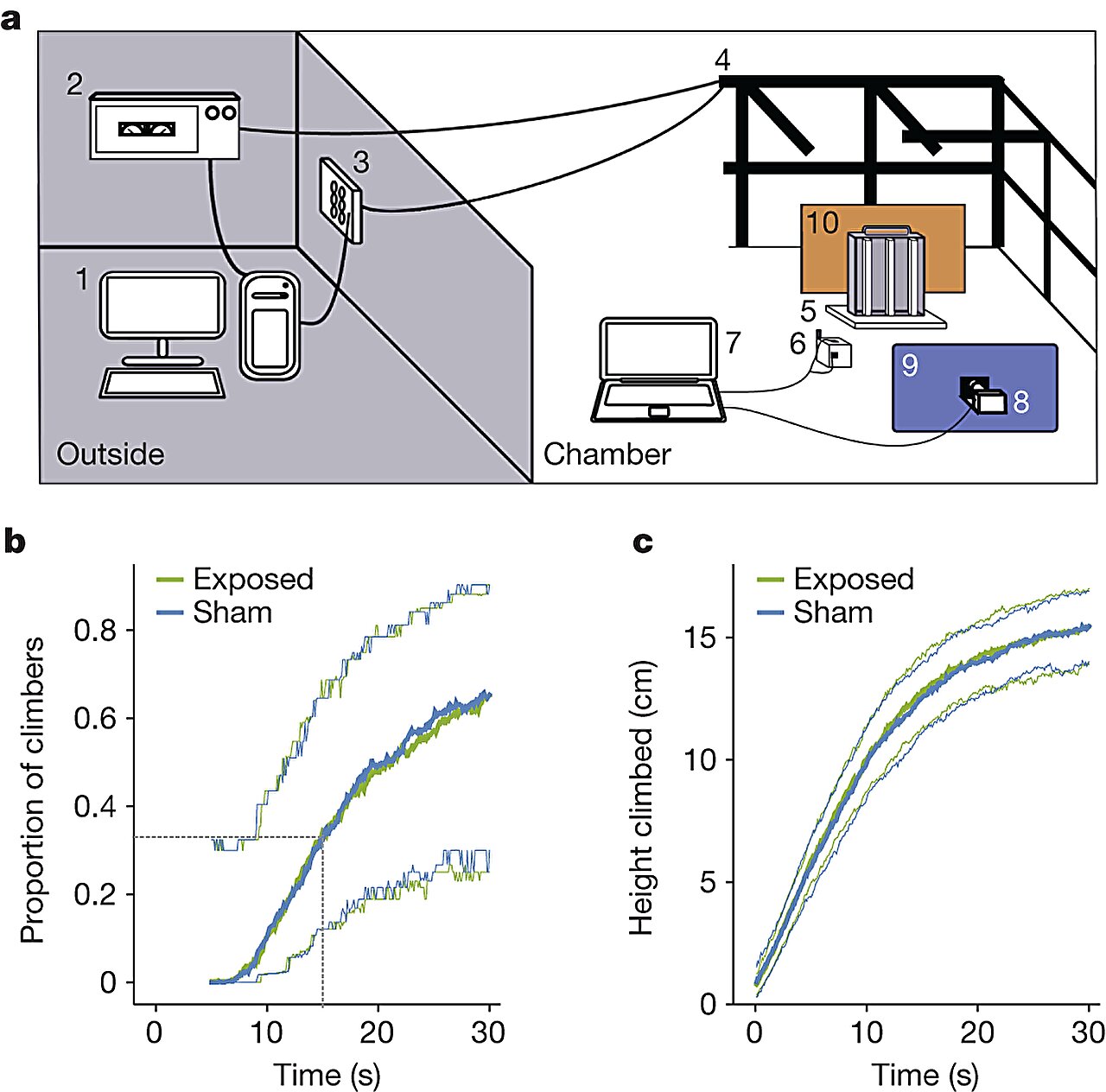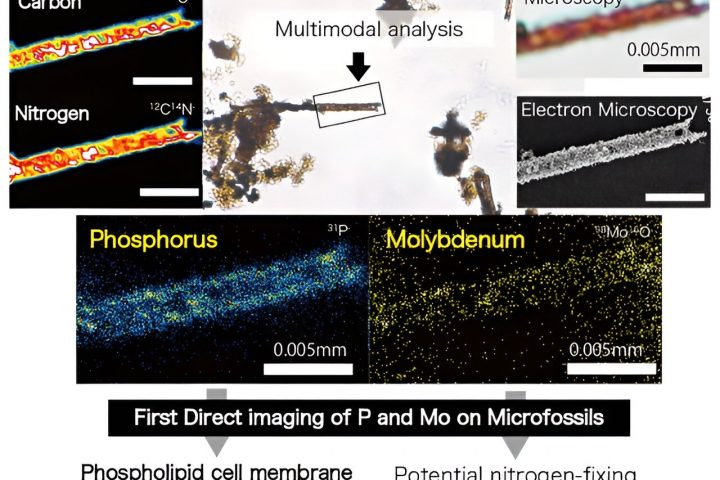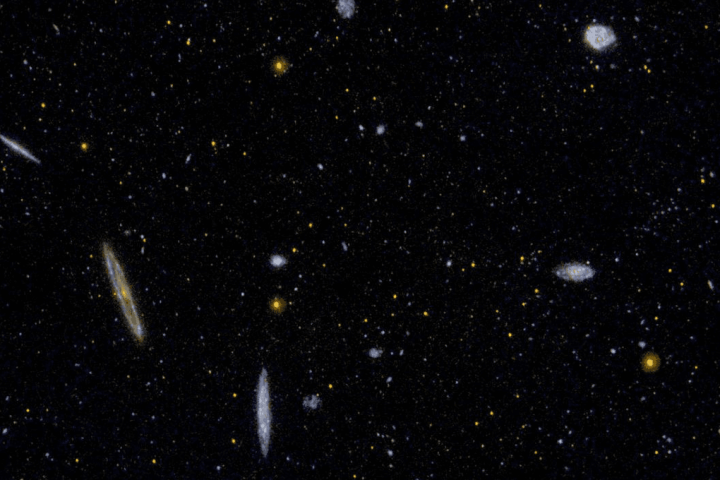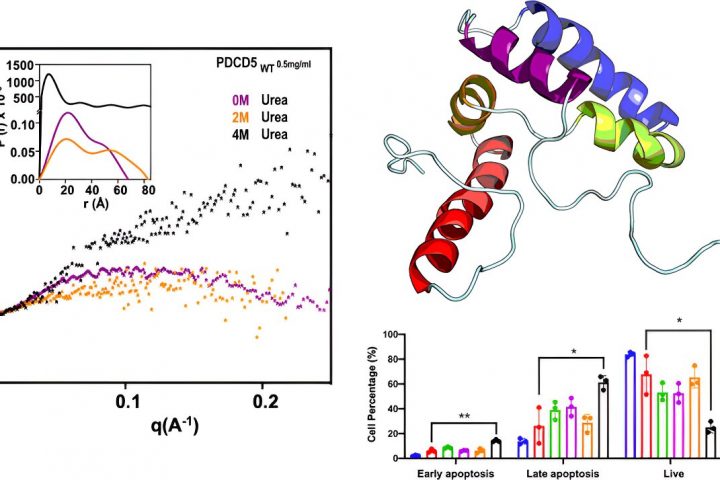A groundbreaking study by neurosensory researchers from the University of Oxford, Universität Oldenburg, and the University of Exeter has challenged previous findings on magnetic sensing in Drosophila fruit flies. In their meticulous replication of two landmark studies, the team found no evidence to support the existence of this sensory ability. The results of their study, published in the prestigious journal Nature, have sparked a lively debate in the scientific community.
In 2008, a team of biologists embarked on a mission to investigate the possibility of magnetic sensing in fruit flies. Previous studies had hinted at its existence, but definitive proof was lacking. The team trained around 100 fruit flies to associate food with a magnetic field stronger than Earth’s. They then exposed the flies to a magnetic field in a specially designed device to observe their behavior. Surprisingly, the flies exhibited responses that strongly suggested magnetic sensing.
These findings triggered a wave of research aimed at unraveling the mechanism behind this phenomenon. However, despite numerous efforts, no conclusive evidence was found. In 2014, another team took a different approach, studying the flies’ ability to climb against gravity under the influence of dim blue lights. They discovered that the flies’ climbing ability was affected by the presence of a strong magnet. This further supported the notion of magnetic sensing in fruit flies, leading many in the field to embrace this idea.
In their latest study, the research team recognized the lack of progress in identifying the mechanism responsible for magnetic sensing in fruit flies over the years. Suspecting potential errors in previous work, they set out to replicate the results of both studies. To ensure accuracy, they conducted their experiments in a highly controlled environment and tested a larger sample size of flies.
Surprisingly, the researchers found no evidence of magnetic sensing in fruit flies using either approach. They suggest that the positive results reported by both teams were likely false positives. These findings challenge the prevailing belief in magnetic sensing among fruit flies and call for a reevaluation of the existing research.








